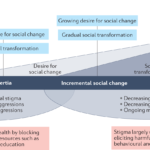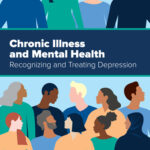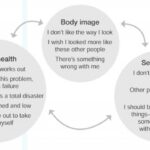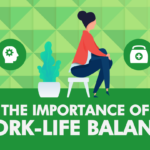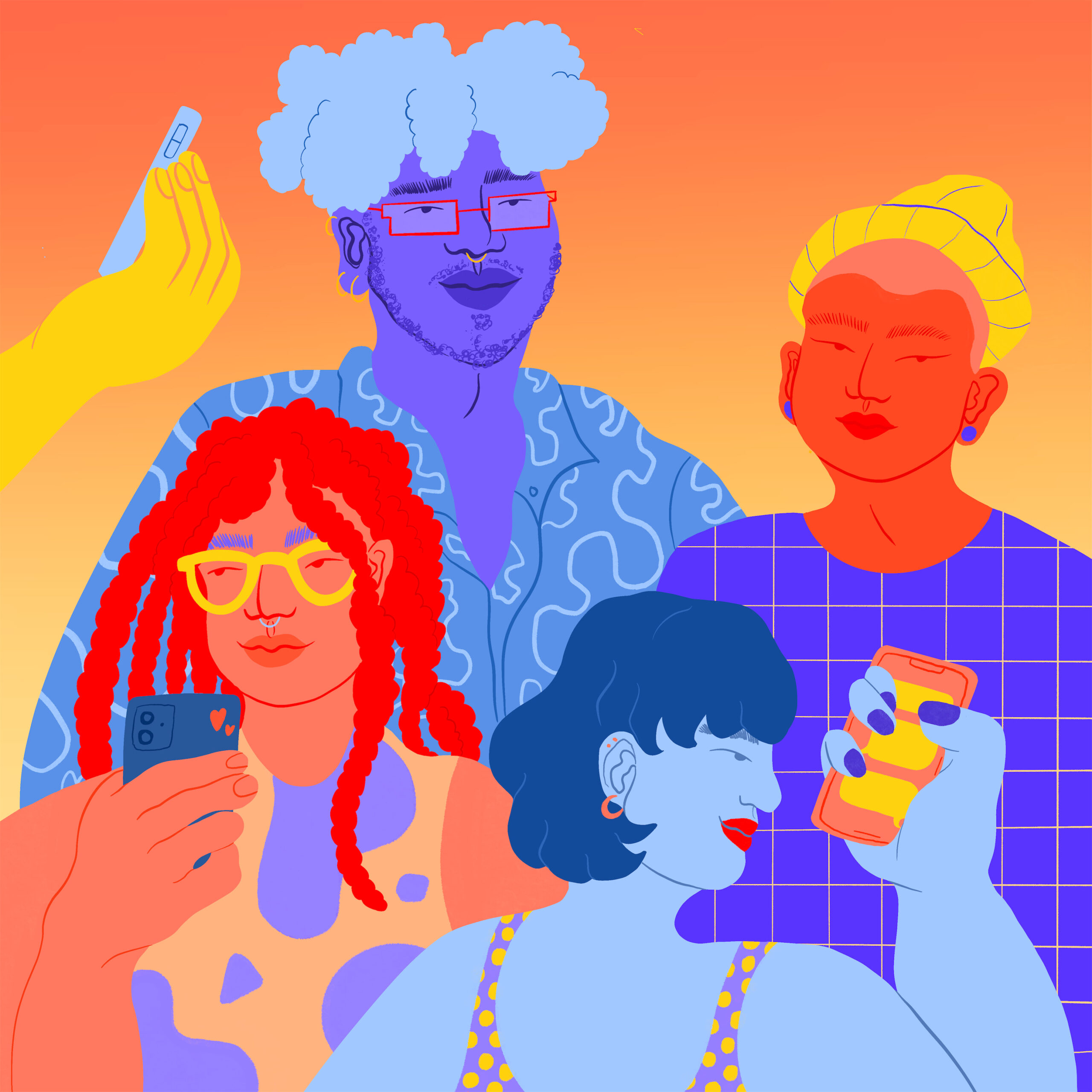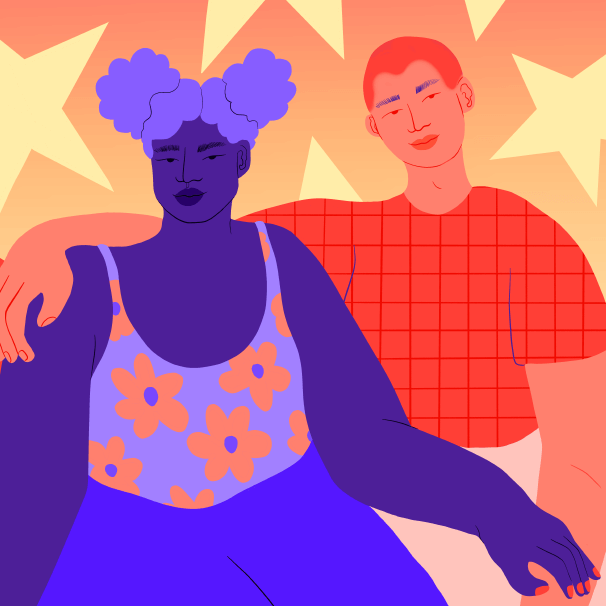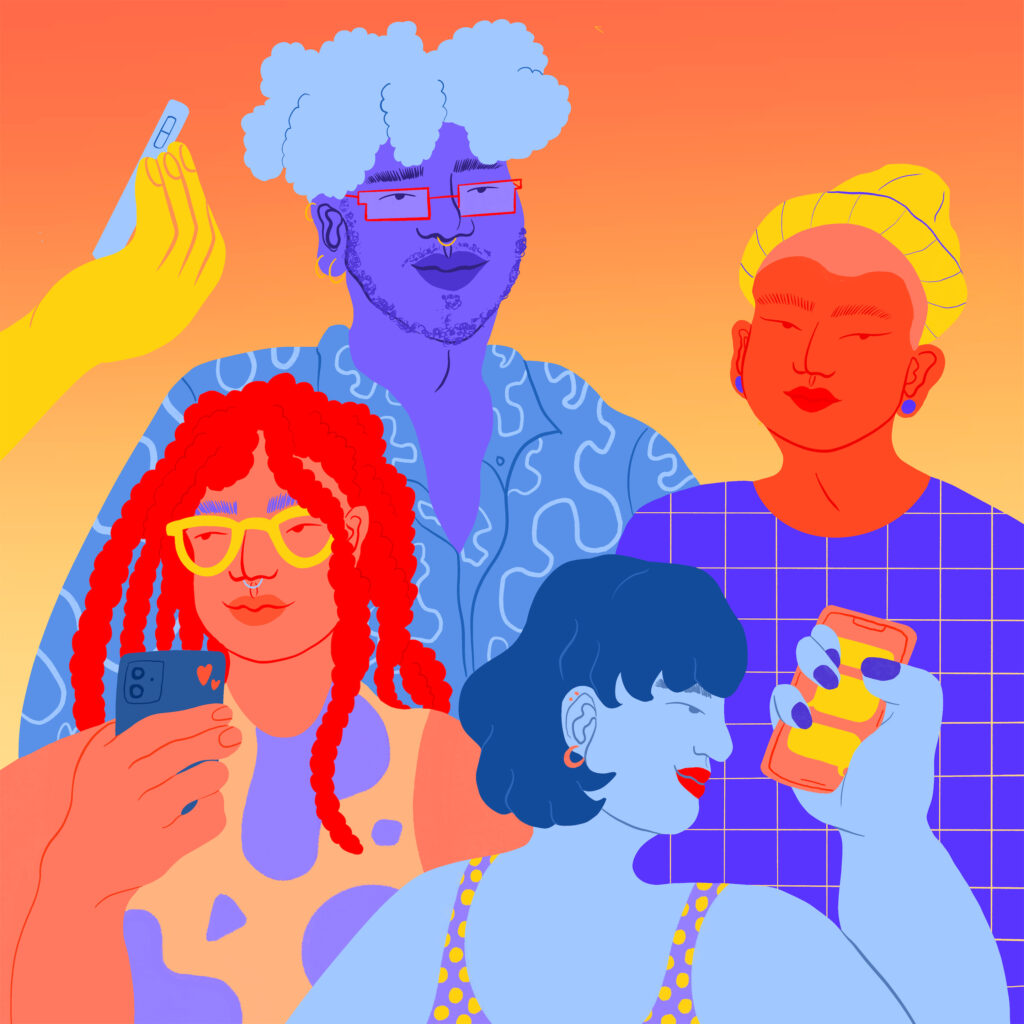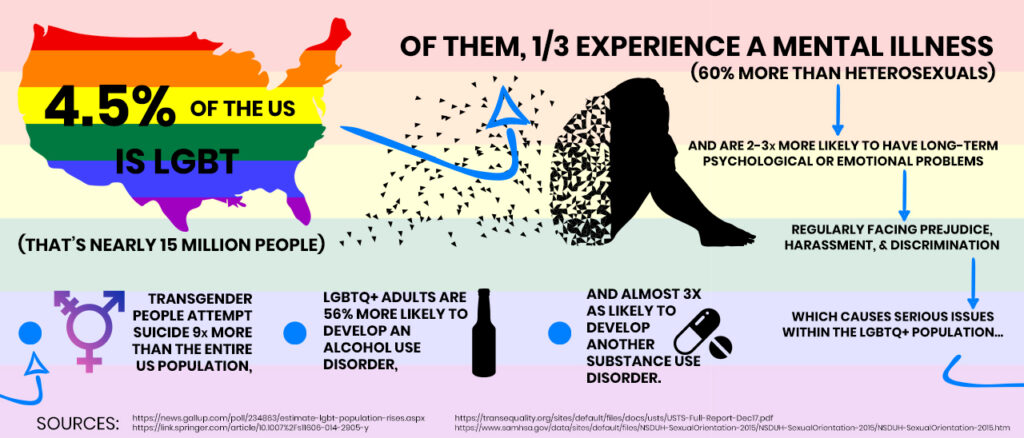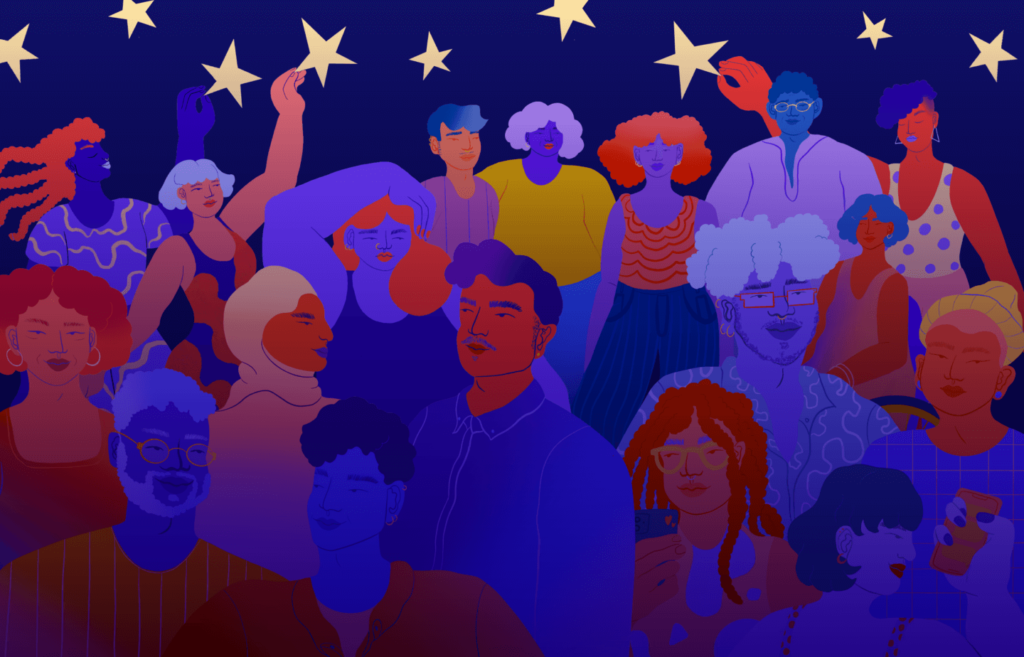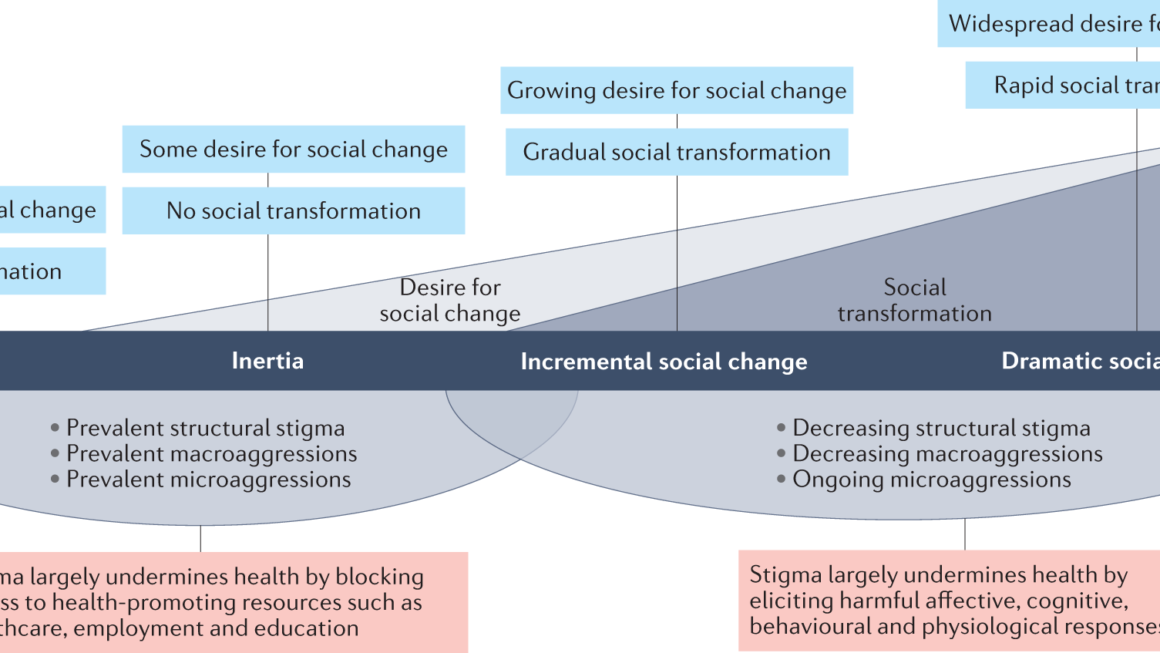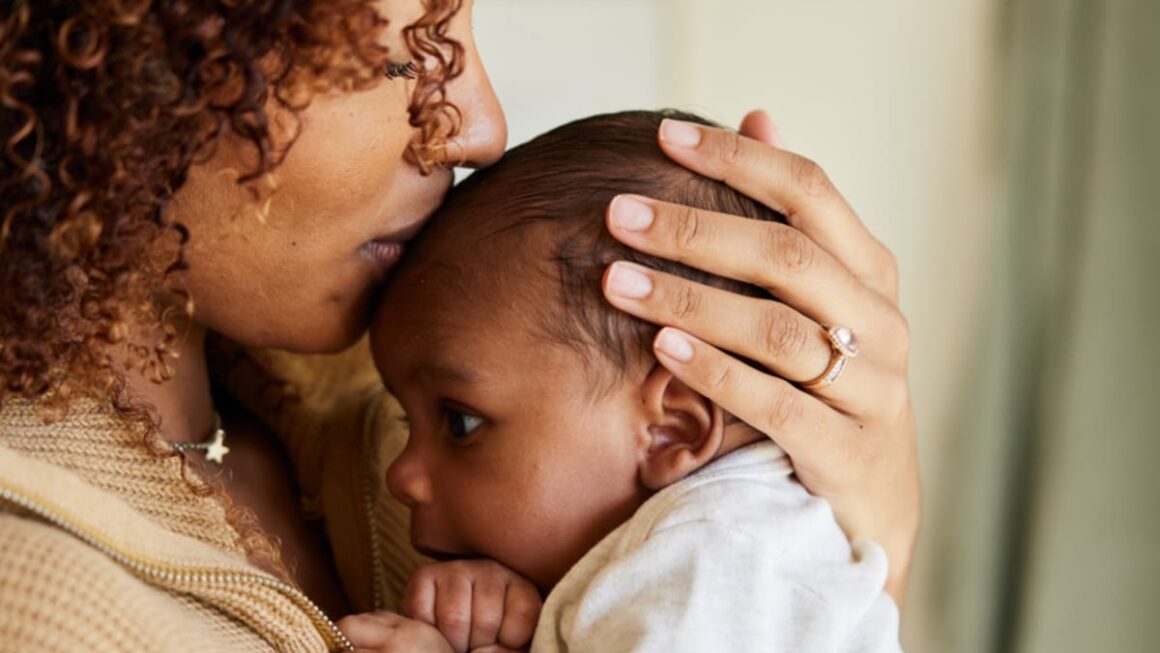Imagine navigating through the maze of mental health as an LGBTQ+ woman, encountering challenges that are uniquely yours. In a world where understanding and acceptance can sometimes feel elusive, your mental well-being may face additional hurdles. From societal pressures to stereotypes to discrimination, the path to finding peace and self-acceptance can be a rollercoaster. Let’s explore the complex intersections of identity, sexuality, and mental health, and discover ways to thrive as an LGBTQ+ woman in this fascinating journey.
Understanding LGBTQ+ Women’s Mental Health
Introduction to LGBTQ+ women’s mental health
LGBTQ+ women face unique challenges when it comes to their mental well-being. The intersectionality of their identities as both LGBTQ+ individuals and women can contribute to disparities in mental health outcomes. It is crucial to recognize and address these challenges in order to promote equitable and inclusive mental health care for LGBTQ+ women.
Definition and importance of mental well-being
Mental well-being refers to a state of overall emotional and psychological health. It involves understanding and managing one’s emotions, coping with stress, maintaining healthy relationships, and having a positive self-image. The importance of mental well-being cannot be understated, as it significantly impacts various aspects of an individual’s life, including their relationships, work, and overall quality of life.
Exploring the intersectionality of LGBTQ+ and gender identity
The intersectionality of LGBTQ+ and gender identity plays a significant role in the mental health experiences of LGBTQ+ women. Gender identity, sexual orientation, and other intersecting identities such as race, ethnicity, and socioeconomic status can contribute to unique challenges and experiences for LGBTQ+ women. Recognizing and understanding these intersections is essential in providing appropriate and effective mental health support.
Mental Health Disparities and LGBTQ+ Women
Disparities in mental health outcomes
LGBTQ+ women experience greater mental health disparities compared to their heterosexual and cisgender counterparts. Studies have shown that LGBTQ+ individuals, including women, are more likely to experience depression, anxiety, suicide, and substance abuse. These disparities can be attributed to a combination of societal stigma, discrimination, and lack of access to inclusive mental health care.
Impact of societal stigma and discrimination
Societal stigma and discrimination are major contributors to the mental health disparities faced by LGBTQ+ women. LGBTQ+ individuals often encounter prejudice, discrimination, and violence due to their sexual orientation and gender identity. Such experiences can lead to increased levels of stress, fear, and social isolation, which negatively impact mental well-being.
LGBTQ+ women and higher rates of mental health disorders
Research has consistently shown that LGBTQ+ women have higher rates of mental health disorders compared to heterosexual women. They are more likely to experience depression, anxiety, post-traumatic stress disorder (PTSD), and intimate partner violence. These disparities highlight the urgent need for improved mental health care services and support specifically tailored for LGBTQ+ women.
Coming Out and Mental Health
Unique challenges faced by LGBTQ+ women during the coming out process
Coming out is a significant milestone for LGBTQ+ individuals, including women. However, the coming out process can be particularly challenging for LGBTQ+ women due to various factors. Fear of rejection from family and friends, potential loss of societal acceptance, and internalized homophobia can all contribute to increased stress, anxiety, and depression during this period.
The link between coming out and mental health
Coming out can have a significant impact on mental health. For many LGBTQ+ women, the process of coming out is empowering and can lead to increased self-acceptance and improved mental well-being. However, the experiences of rejection, discrimination, and invalidation from others can cause emotional distress and exacerbate existing mental health issues.
Strategies for managing stress and anxiety related to coming out
Managing stress and anxiety during the coming out process is crucial for LGBTQ+ women’s mental well-being. Building a support network of trusted friends, family, and professionals who understand and validate their experiences can provide a sense of safety and support. Seeking therapy or counseling can also be beneficial in developing coping strategies and navigating the challenges of coming out.
Social Support and Community
Importance of social support for LGBTQ+ women’s mental health
Social support plays a vital role in the mental health of LGBTQ+ women. Having a network of understanding and accepting friends, family, and community members can contribute to feelings of belonging, validation, and emotional well-being. Social support can help combat feelings of isolation and provide resources and guidance for navigating the challenges faced by LGBTQ+ women.
Building a supportive network of friends and allies
Developing a supportive network of friends and allies is crucial for LGBTQ+ women’s mental health. Surrounding oneself with people who are accepting and affirming of their identity can provide a sense of safety, understanding, and belonging. Seeking out LGBTQ+ support groups, online communities, and ally organizations can facilitate the creation of such networks.
Finding LGBTQ+ inclusive spaces and resources
Access to LGBTQ+ inclusive spaces and resources are essential for promoting mental well-being among LGBTQ+ women. These spaces, such as LGBTQ+ community centers, support groups, and online platforms, provide opportunities for connection, education, and support. They can offer a sense of community and belonging, reducing feelings of isolation and promoting mental health.
Online communities and virtual support
In today’s digital age, online communities and virtual support have become increasingly important for LGBTQ+ women’s mental health. Online platforms and forums provide a safe space for individuals to connect, share experiences, and find support without geographical limitations. These virtual communities can be particularly valuable for those in less accepting or accessible environments.
Navigating Relationships and Intimacy
Challenges in forming and maintaining healthy relationships
LGBTQ+ women may face unique challenges when it comes to forming and maintaining healthy relationships. Homophobia, biphobia, and transphobia can create barriers, both externally and internally, impacting self-esteem, trust, and communication within relationships. Negotiating societal expectations, family dynamics, and cultural norms can further complicate the development of healthy relationships.
Addressing discrimination and prejudice in romantic partnerships
Discrimination and prejudice can significantly impact LGBTQ+ women’s intimate partnerships. This can range from encountering judgement and heteronormative expectations to facing legal and societal barriers to marriage and child-rearing. Addressing these challenges requires open communication, education, and challenging heteronormative ideals to create inclusive and supportive relationships.
Exploring the impact of societal expectations on LGBTQ+ women’s relationships
Societal expectations surrounding gender roles and relationship dynamics can place additional pressure on LGBTQ+ women’s relationships. The pressure to conform to traditional gender norms and expectations can lead to feelings of inadequacy, stress, and even internalized homophobia. Open and honest communication, along with self-reflection and challenging societal expectations, can help navigate these challenges.
Building intimacy and connection within the LGBTQ+ community
Building intimacy and connection within the LGBTQ+ community is essential for the mental well-being of LGBTQ+ women. Creating spaces where individuals can be their authentic selves, share experiences, and support one another fosters a sense of belonging and emotional well-being. LGBTQ+-focused events, support groups, and community organizations can provide opportunities for building meaningful connections and relationships.
Mental Health Care Access and Resources
Barriers to mental health care for LGBTQ+ women
LGBTQ+ women often face significant barriers when accessing mental health care. These barriers can include a lack of LGBTQ+ culturally competent providers, financial limitations, fear of discrimination, and geographic or transportation challenges. These barriers can result in delayed or inadequate treatment, further exacerbating mental health disparities.
Finding LGBTQ+ friendly mental health professionals
Finding LGBTQ+ friendly mental health professionals is crucial for providing inclusive and effective care for LGBTQ+ women. LGBTQ+ competent providers have a deeper understanding of the unique challenges faced by LGBTQ+ individuals, and can offer tailored support and resources. Online directories, LGBTQ+ community centers, and referrals from trusted sources can assist in locating these professionals.
Affordable and accessible mental health care options
Affordability and accessibility of mental health care are important considerations for LGBTQ+ women. Seeking out community clinics, sliding-scale payment options, and insurance coverage for mental health services can help improve affordability. Telehealth services and online therapy platforms may also offer more accessible options, particularly for those in remote or underserved areas.
Supportive helplines and crisis intervention services
Helplines and crisis intervention services provide vital support to LGBTQ+ women in times of crisis or distress. LGBTQ+ dedicated helplines, such as suicide prevention hotlines and crisis chat services, offer immediate emotional support, resources, and referrals. These services can be life-saving for individuals experiencing mental health crises.
Utilizing online therapy platforms
Online therapy platforms have become increasingly popular and accessible, providing a convenient option for LGBTQ+ women seeking mental health support. These platforms offer a wide range of therapeutic services, including individual counseling, group therapy, and specialized LGBTQ+ support. Online therapy can bridge the gap in accessing care and provide LGBTQ+ women with flexible and convenient mental health services.
Intersectionality and Mental Health
Experiences of LGBTQ+ women of color
LGBTQ+ women of color face unique challenges due to the intersectionality of their identities. Discrimination and marginalization based on both race and sexual orientation/gender identity can contribute to a higher risk of mental health disorders. Addressing the specific needs and experiences of LGBTQ+ women of color requires an intersectional approach that recognizes the interconnected impact of racism, homophobia, and transphobia.
The impact of multiple marginalized identities on mental health
Multiple marginalized identities, such as being LGBTQ+ and a woman of color, can intensify mental health disparities. The compounded effects of discrimination, microaggressions, and exclusion can contribute to increased levels of stress, anxiety, depression, and trauma. Mental health care must embrace an intersectional lens to ensure that the needs of LGBTQ+ individuals with multiple marginalized identities are adequately addressed.
Addressing the unique challenges of intersectionality
Addressing the unique challenges faced by LGBTQ+ women with intersectional identities requires a comprehensive approach. This includes providing specialized mental health resources that are culturally competent, inclusive, and affirming of diverse identities. Cultivating safe and accessible spaces for dialogue, education, and support can also help address the intersecting experiences of LGBTQ+ women.
Advocacy and creating inclusive spaces
Advocacy efforts are crucial in creating inclusive and supportive spaces for LGBTQ+ women with intersectional identities. Promoting policies that challenge discrimination and create legal protections, fostering culturally inclusive mental health services, and amplifying the voices of LGBTQ+ women of color are all essential steps in addressing the unique challenges faced by this group. By advocating for change, we can work towards a society that recognizes and supports the mental health needs of all LGBTQ+ women.
Self-Care and Coping Strategies
Prioritizing self-care for LGBTQ+ women’s mental well-being
Prioritizing self-care is crucial for LGBTQ+ women’s mental well-being. This involves recognizing the importance of one’s own needs and taking deliberate steps to nurture and protect their mental health. Engaging in activities that promote self-care, setting healthy boundaries, and seeking support when needed are all essential aspects of maintaining mental well-being.
Identifying and managing stressors
Identifying and managing stressors is key to maintaining good mental health. LGBTQ+ women may face unique stressors related to their identities, such as discrimination, stigma, and the need to constantly come out in different contexts. Recognizing these stressors and developing healthy coping mechanisms, such as exercise, meditation, or engaging in creative outlets, can help alleviate stress and promote resilience.
Mindfulness and meditation practices
Mindfulness and meditation practices can be valuable tools for LGBTQ+ women’s mental well-being. These practices involve cultivating present-moment awareness and non-judgmental acceptance of thoughts and feelings. By incorporating mindfulness and meditation into their daily routine, LGBTQ+ women can develop greater emotional resilience, reduce stress, and enhance overall well-being.
Engaging in hobbies and activities for self-expression
Engaging in hobbies and activities that allow for self-expression is vital for LGBTQ+ women’s mental health. Whether it’s through art, music, writing, or participating in sports, these activities offer an outlet for creativity, self-discovery, and emotional release. Investing time in activities that bring joy and fulfillment can have a positive impact on mental well-being.
Seeking professional help when needed
Seeking professional help is essential when facing mental health challenges. LGBTQ+ women should not hesitate to reach out to mental health professionals who specialize in LGBTQ+ care. Therapists, counselors, and psychiatrists can provide valuable guidance, support, and evidence-based treatments to address specific mental health concerns. Professional help can be a vital resource for LGBTQ+ women in their journey towards mental well-being.
Addressing Internalized Stigma and Self-Acceptance
Understanding internalized stigma and its impact
Internalized stigma refers to the acceptance and belief of negative stereotypes about one’s own identity. LGBTQ+ women may internalize negative societal messages and experience feelings of shame, guilt, and self-hatred as a result. Internalized stigma can have a detrimental impact on mental health, leading to lowered self-esteem, increased anxiety, and depression.
Challenging self-negative beliefs and thoughts
Challenging self-negative beliefs and thoughts is an important step towards self-acceptance for LGBTQ+ women. By recognizing and questioning internalized stigma, individuals can challenge and reframe negative beliefs about their identity. Engaging in self-compassion exercises, seeking therapy, and connecting with supportive LGBTQ+ communities can aid in fostering self-acceptance and positive self-image.
Building self-acceptance and self-esteem
Building self-acceptance and self-esteem is a journey that LGBTQ+ women can embark on to improve their mental well-being. Celebrating and embracing one’s unique identity, setting realistic goals, engaging in self-care practices, and surrounding oneself with supportive individuals can contribute to greater self-acceptance and improved self-esteem. Developing a positive self-image is crucial for long-term mental health and resilience.
Support groups and therapy for addressing internalized stigma
Support groups and therapy can be valuable resources for LGBTQ+ women addressing internalized stigma. Connecting with others who share similar experiences can provide validation, support, and a sense of community. Additionally, therapy can provide a safe and non-judgmental space to explore and challenge internalized stigma, fostering self-acceptance and personal growth.
Advocacy and Mental Health Awareness
The importance of LGBTQ+ advocacy in mental health
Advocacy plays a critical role in promoting the mental health of LGBTQ+ women. By advocating for policies that support LGBTQ+ rights, inclusivity, and mental health equality, individuals and organizations can work towards a more accepting and supportive society. Advocacy efforts help raise awareness, reduce stigma, and create systemic change that benefits the mental well-being of LGBTQ+ women.
Addressing systemic barriers to mental health care
Systemic barriers often hinder access to mental health care for LGBTQ+ women. Advocacy efforts should focus on addressing these barriers, such as insurance discrimination, lack of LGBTQ+ competent providers, and limited funding for inclusive services. By advocating for policy changes, increased funding, and professional training, we can improve mental health outcomes for LGBTQ+ women.
Promoting mental health awareness and education
Promoting mental health awareness and education is essential for reducing stigma and improving access to resources for LGBTQ+ women. This can be done through campaigns, workshops, and informational resources that aim to increase understanding of LGBTQ+ mental health issues. Education empowers individuals and communities to support and advocate for the mental well-being of LGBTQ+ women.
Supporting LGBTQ+ organizations and initiatives
Supporting LGBTQ+ organizations and initiatives is an impactful way to promote mental health awareness and access to resources. These organizations provide valuable services, support networks, and advocacy efforts that directly benefit LGBTQ+ women. By donating, volunteering, or participating in events, individuals can contribute to the overall well-being of the LGBTQ+ community.
In conclusion, understanding LGBTQ+ women’s mental health requires acknowledging the unique challenges they face and working towards creating inclusive and supportive environments. By addressing mental health disparities, ensuring access to affirming care, and promoting self-acceptance and resilience, we can contribute to the well-being of LGBTQ+ women and foster a more equitable society. Let us continue to advocate, raise awareness, and support the mental health needs of LGBTQ+ women.
